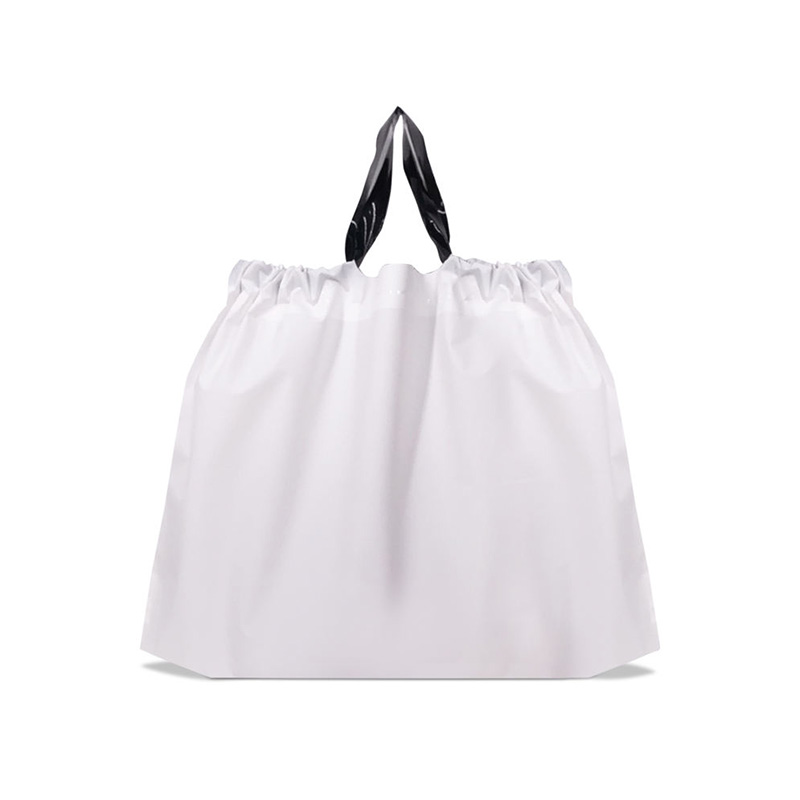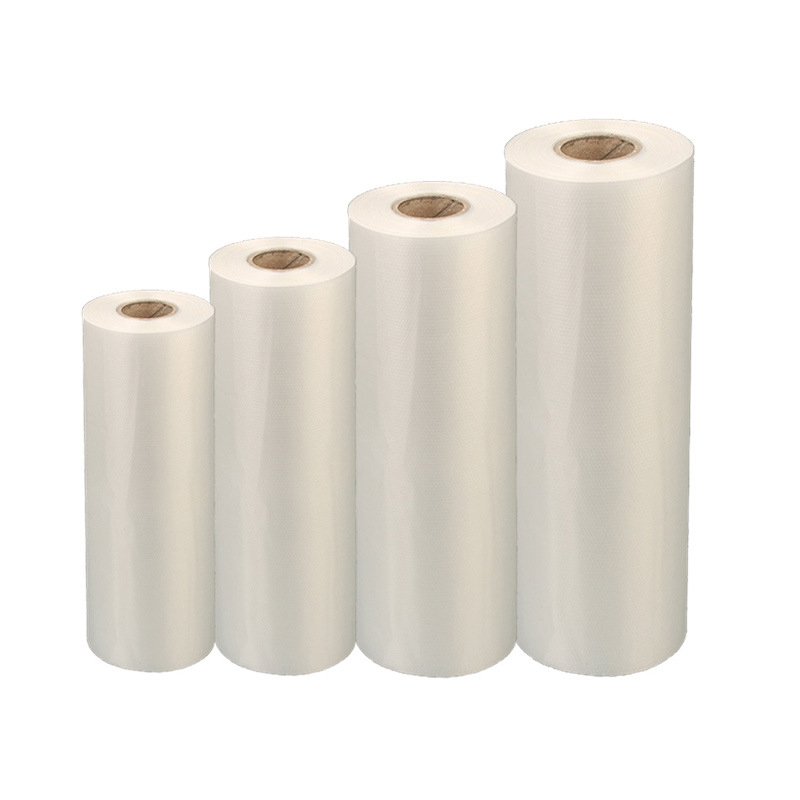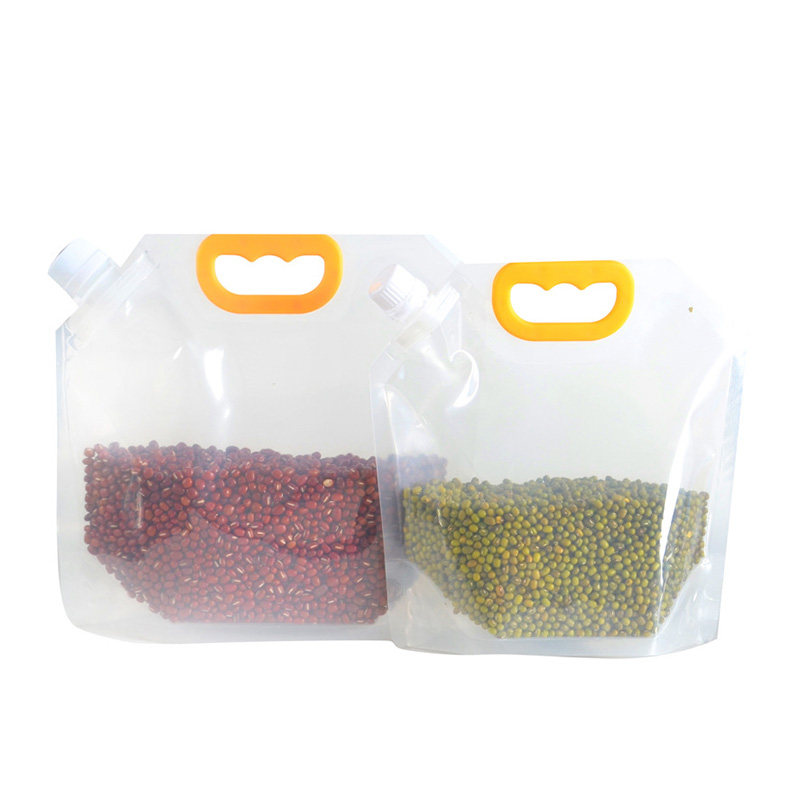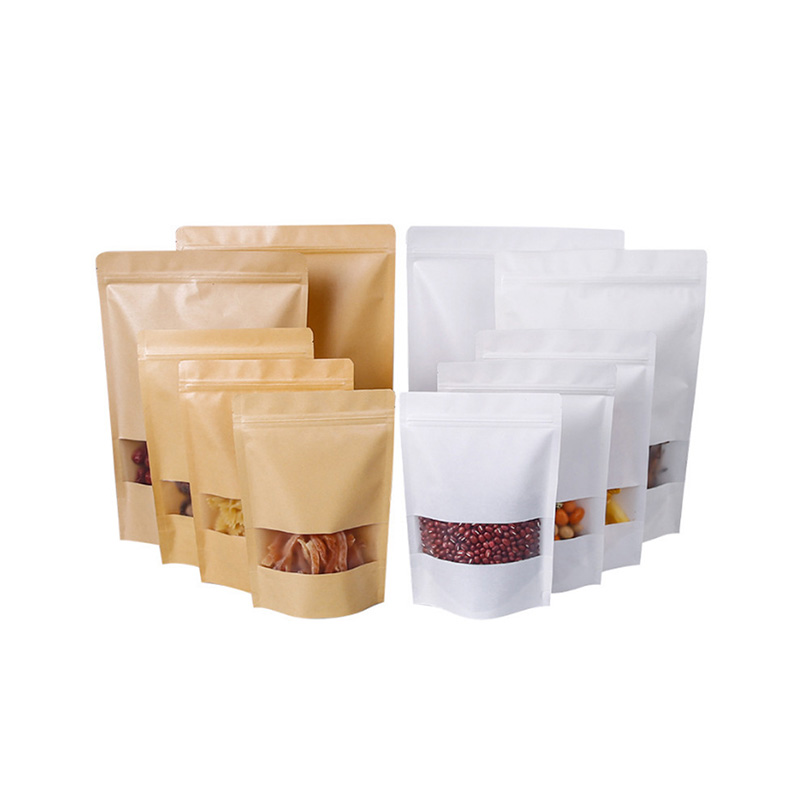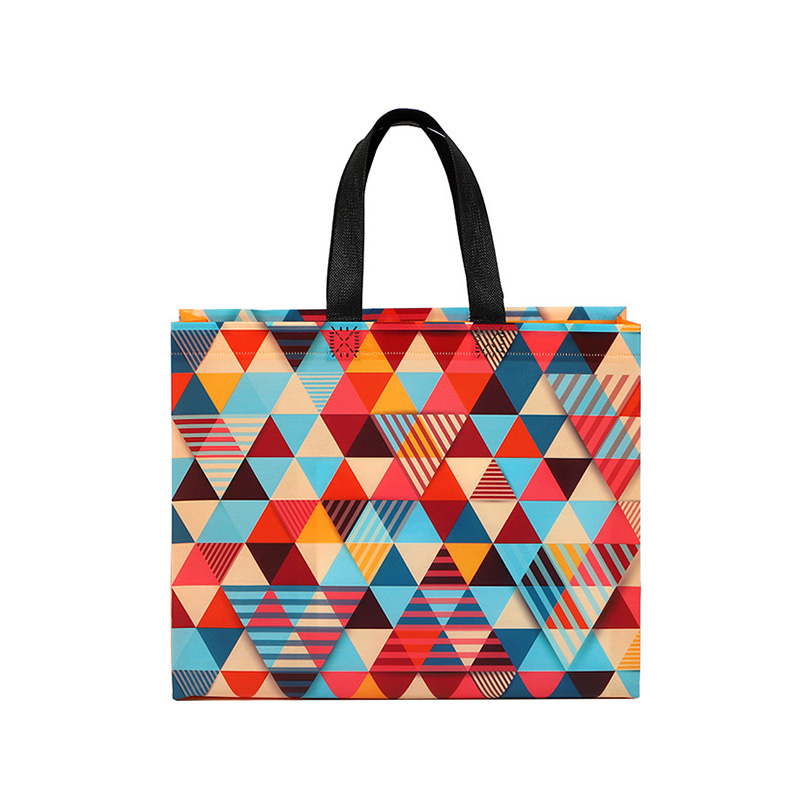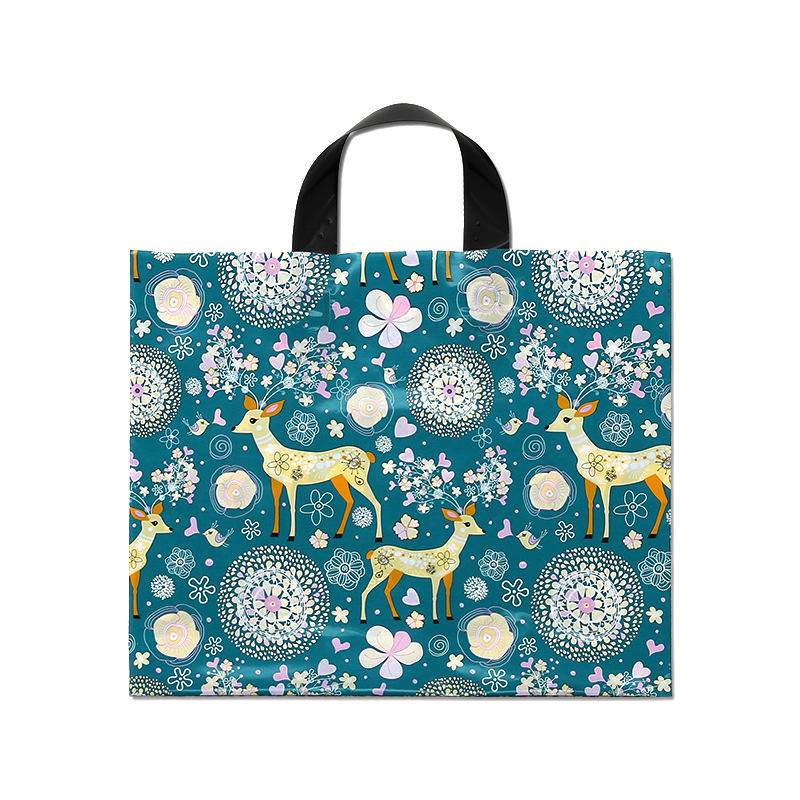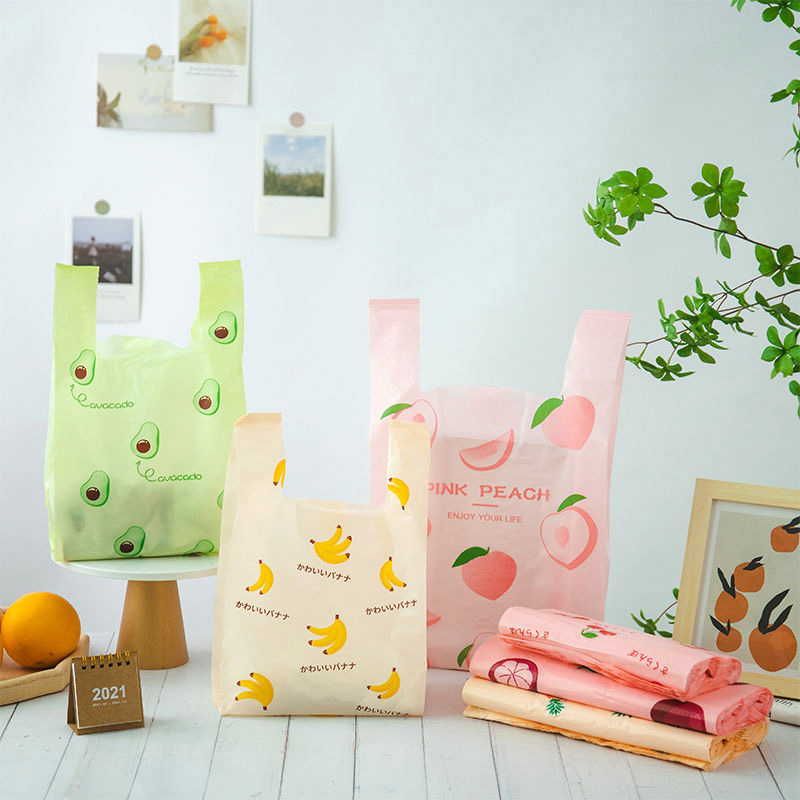Wholesale Non Woven Shopping Bags Manufacturing Factory
Non woven shopping bags have become a prominent choice for consumers and retailers alike, offering a versatile and eco-friendly alternative to traditional plastic bags. The production process of these bags is a fascinating journey from raw materials to the final product, showcasing a blend of innovation and craftsmanship. This article aims to provide an in-depth look at the production process of non woven shopping bags, revealing the steps and techniques involved in creating these durable and reusable bags.
The journey of non woven shopping bags begins with the selection of raw materials. Non-woven fabric is primarily made from polypropylene, a type of plastic that is both strong and lightweight. This material is chosen for its durability, cost-effectiveness, and recyclability, making it an ideal choice for sustainable packaging solutions. The polypropylene is sourced from suppliers who adhere to strict environmental standards, ensuring that the raw materials are of high quality and produced with environmental impact.
Once the raw materials have been selected, the production process moves on to the extrusion stage. Here, the polypropylene pellets are heated and melted, forming a molten substance that is then extruded through a fine mesh. This process creates a thin, uniform sheet of non-woven fabric. The extrusion process is carefully controlled to ensure the consistency and quality of the fabric, with factors such as temperature and pressure meticulously monitored.
After the non woven shopping bags have been created, it is then cut into the appropriate size and shape for the shopping bags. This is achieved using advanced cutting machines that can accurately and efficiently cut the fabric to the required dimensions. The cutting process is a critical step in the production process, as it ensures that each bag is uniform in size and shape, providing a professional and consistent appearance.
With the fabric cut and ready, the next stage in the production process is the sewing and assembly of the non woven shopping bags. This is where the bags take shape, with skilled workers or automated machines stitching the fabric together to create the final product. The sewing process is crucial, as it ensures the bags are strong and durable, capable of withstanding the weight of the items they will carry. Reinforcements are often added to the handles and seams to further enhance the strength and longevity of the bags.
Once the non woven shopping bags have been sewn together, they undergo a series of quality control checks. These checks ensure that each bag meets the required standards for strength, durability, and appearance. Any bags that do not meet these standards are set aside for rework or disposal, ensuring that only high-quality bags are shipped to retailers and consumers.
In addition to the standard non woven shopping bags, many manufacturers also offer custom options. These can include printed designs, different colors, and additional features such as zippers or pockets. The customization process involves additional steps, such as screen printing or heat transfer, to apply the desired design to the bags. This allows retailers and brands to create unique, personalized packaging that stands out on the shelves.
The final stage in the production process is the packaging and shipping of the non woven shopping bags. The bags are carefully packed to protect them during transit and ensure they arrive in good condition. They are then shipped to retailers and distributors, ready to be used by consumers around the world.
In conclusion, the production process of non woven shopping bags is a complex and intricate one, involving a series of carefully controlled steps. From the selection of raw materials to the final packaging and shipping, each stage plays a crucial role in creating a high-quality, durable, and eco-friendly product. As the demand for sustainable packaging solutions continues to grow, the production of non woven shopping bags will undoubtedly remain an important part of the retail industry.

 English
English Español
Español عربى
عربى